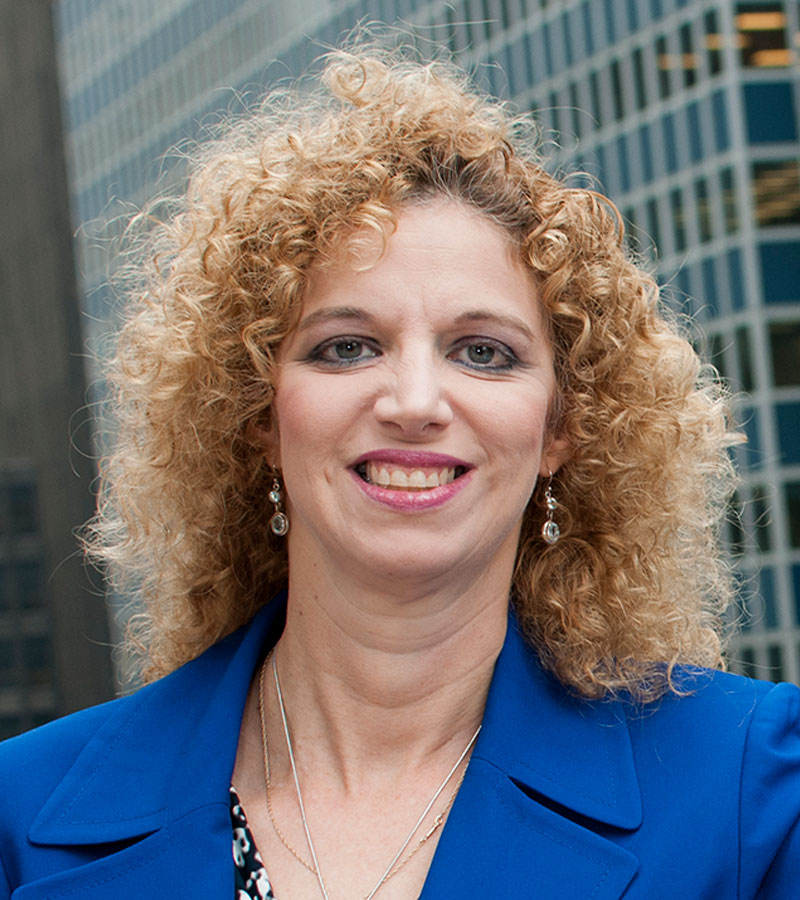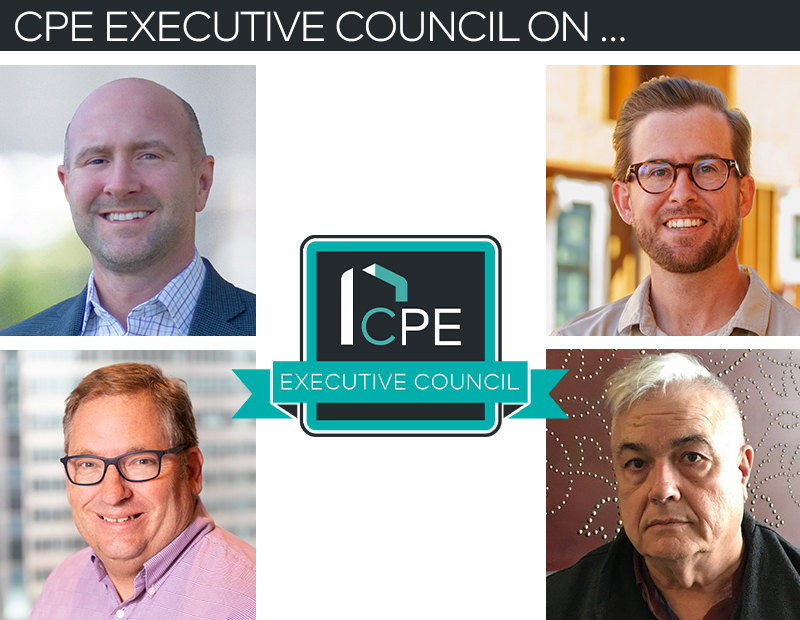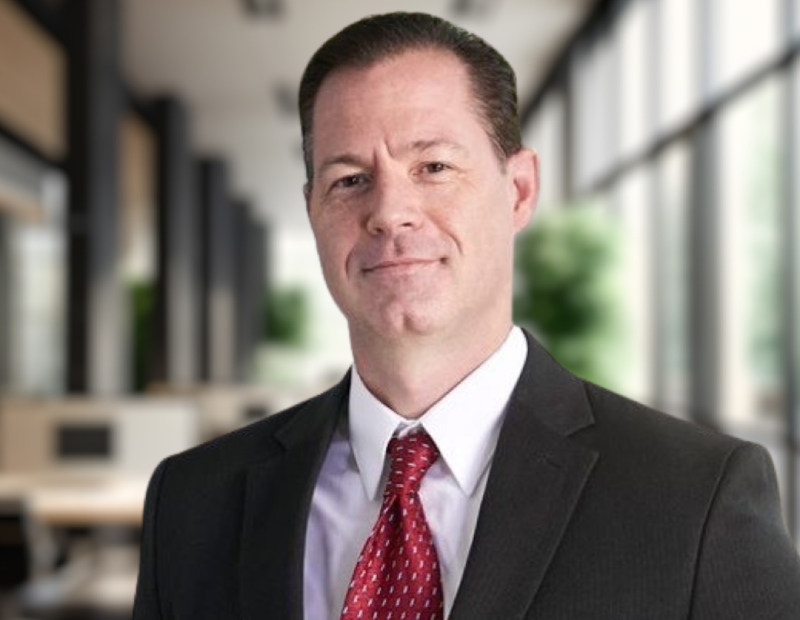Diversified Thinking
By Suzann D. Silverman, Editorial Director What more natural place than the CREW Network Convention & Marketplace to discuss the merits of diversifying commercial real estate management teams. After all, the remarkable women that have built that powerful organization geared toward increasing opportunities for women in commercial real estate and encouraging them to pursue those…
By Suzann D. Silverman, Editorial Director

Editorial Director Suzann D. Silverman
What more natural place than the CREW Network Convention & Marketplace to discuss the merits of diversifying commercial real estate management teams. After all, the remarkable women that have built that powerful organization geared toward increasing opportunities for women in commercial real estate and encouraging them to pursue those opportunities have, through their efforts, greatly expanded the variety of perspectives and opinions that shape today’s CRE companies.
That can only be a benefit, as it helps a company better consider the needs of a broader spectrum of employees, clients and customers. It also introduces a greater array of information and opinions about any number of critical decisions that arise. In her convention keynote address, Sally Krawcheck, CEO & co-founder of Ellevest and former CEO of Merrill Lynch Wealth Management, quoted findings that gender diversity on the leadership team offers multiple rewards: higher returns on equity, reduced risk, better client service, improved long-term functions, more engaged employees and an innovative culture. And other types of diversification would surely produce similar results, since Krawcheck reasons that members of a homogeneous team tend to trust each other too much, leading them to question each other too little. Diversification breaks that cycle.
Echoing that sentiment was the event’s closing speaker, Adm. William McRaven, a retired four-star Navy admiral who oversaw the special ops raid that took down Osama bin Laden and who now serves as chancellor of the University of Texas system. Advocating the Socratic method of intellectual inquiry that he employs with his team to ensure all aspects of important decisions have been considered, he advised that “in a leadership position, more times than not it is the way you ought to approach things.”
But company management is not the only place where such diversified thinking is beneficial. It applies right down to the property level, where it is imperative to understand the variety of tenants, their priorities and needs, and how all these issues are shaped by their industries, the greater economy and other long-term trends. For office and industrial tenants, employee recruitment and retention are a big consideration; as companies in these sectors seek to attract more Millennials to their ranks, owners may need to take a different approach, not just to property management but to the design of the property itself. Just how far to stray from the traditional workplace is still a topic for lively debate, but it is tough to argue with the broadened interest in achieving more creative, healthy workplace environments, a goal that was once associated primarily with technology firms.
The capacity to consider such new ideas harks back to an important point raised at the CREW Network event by Julie Smith, chief administrative officer for The Bozzuto Group: “You just have to be so open—you never know what’s going to happen.”
Originally appearing in the November 2016 issue of CPE.








You must be logged in to post a comment.